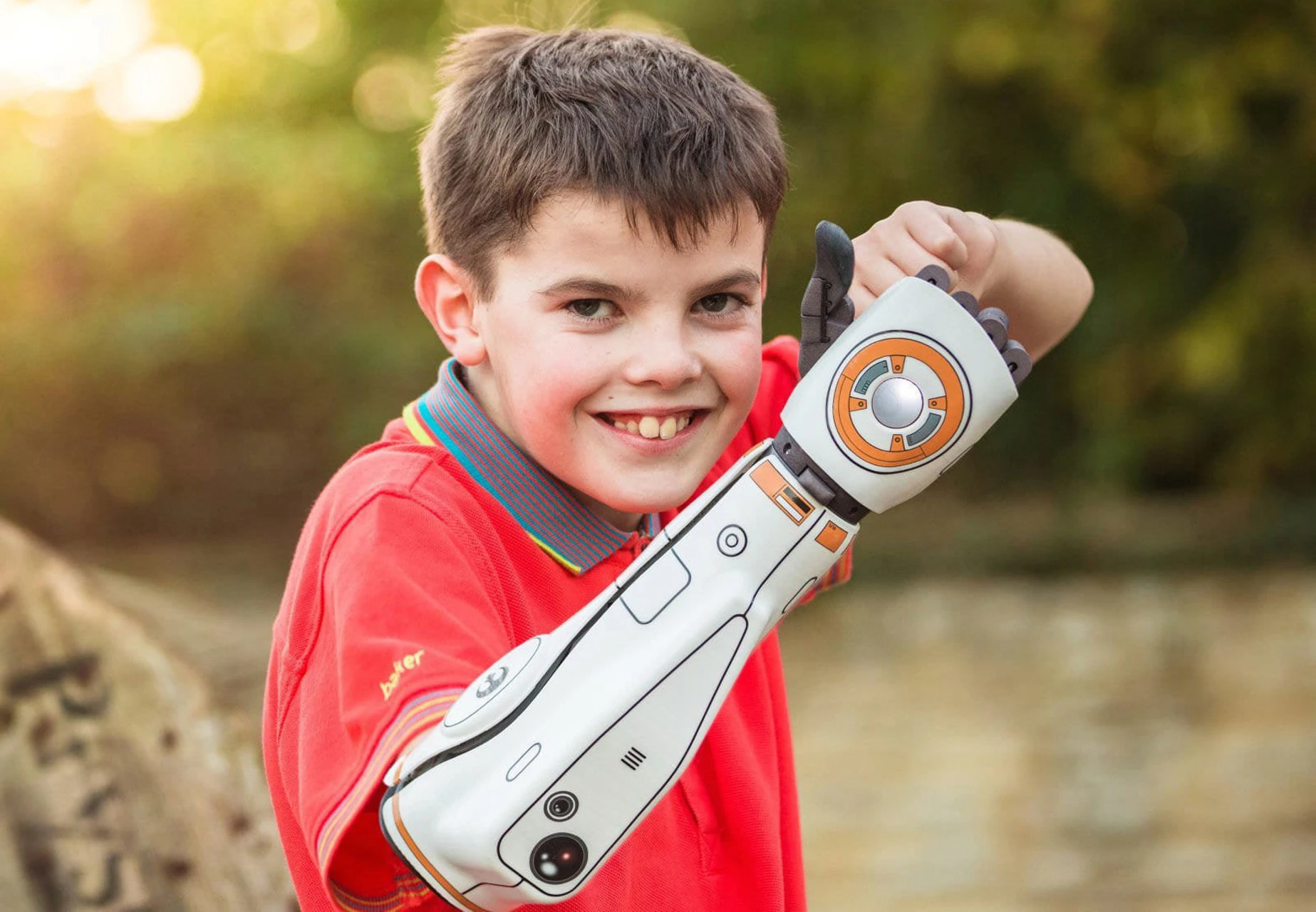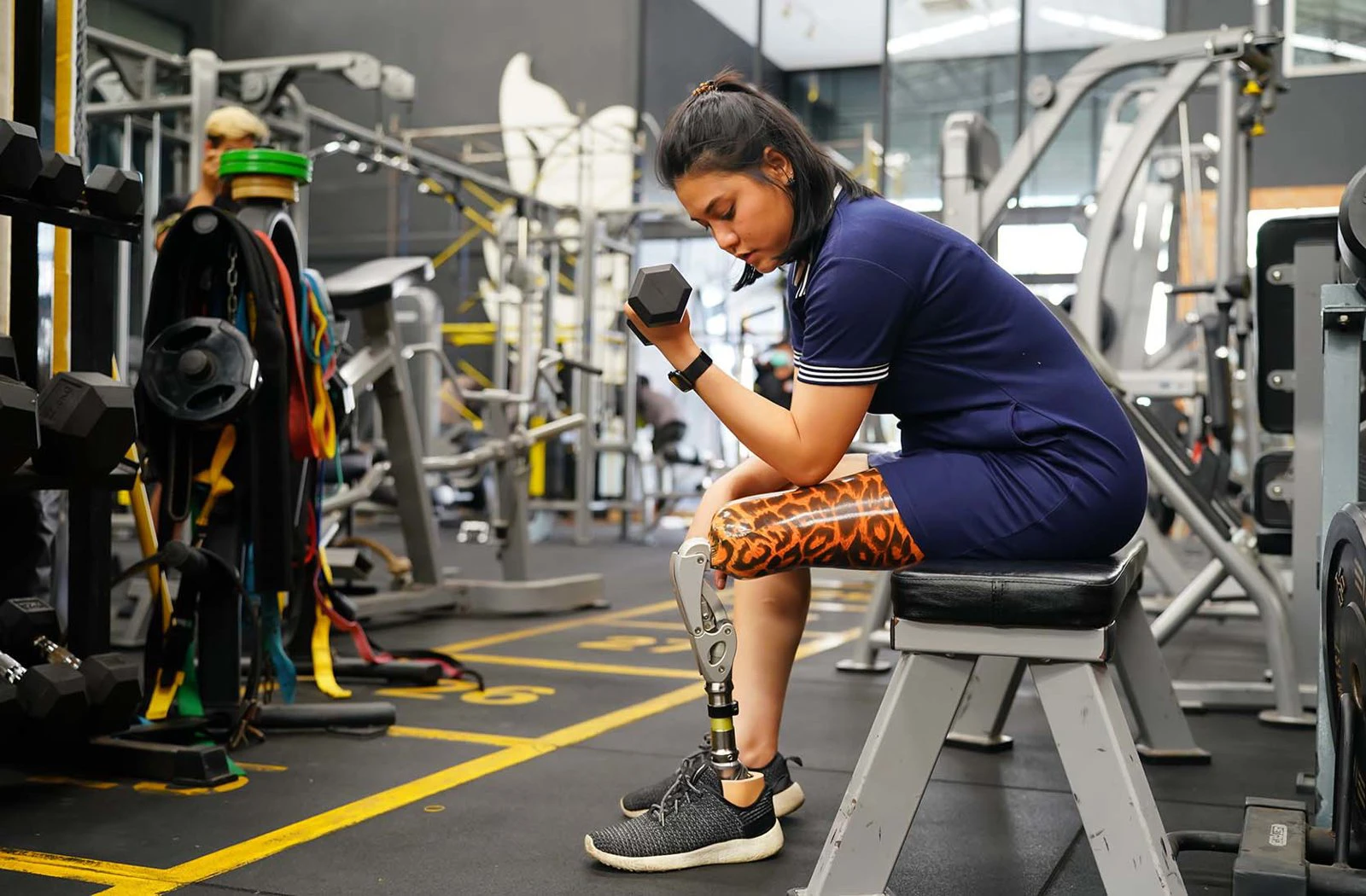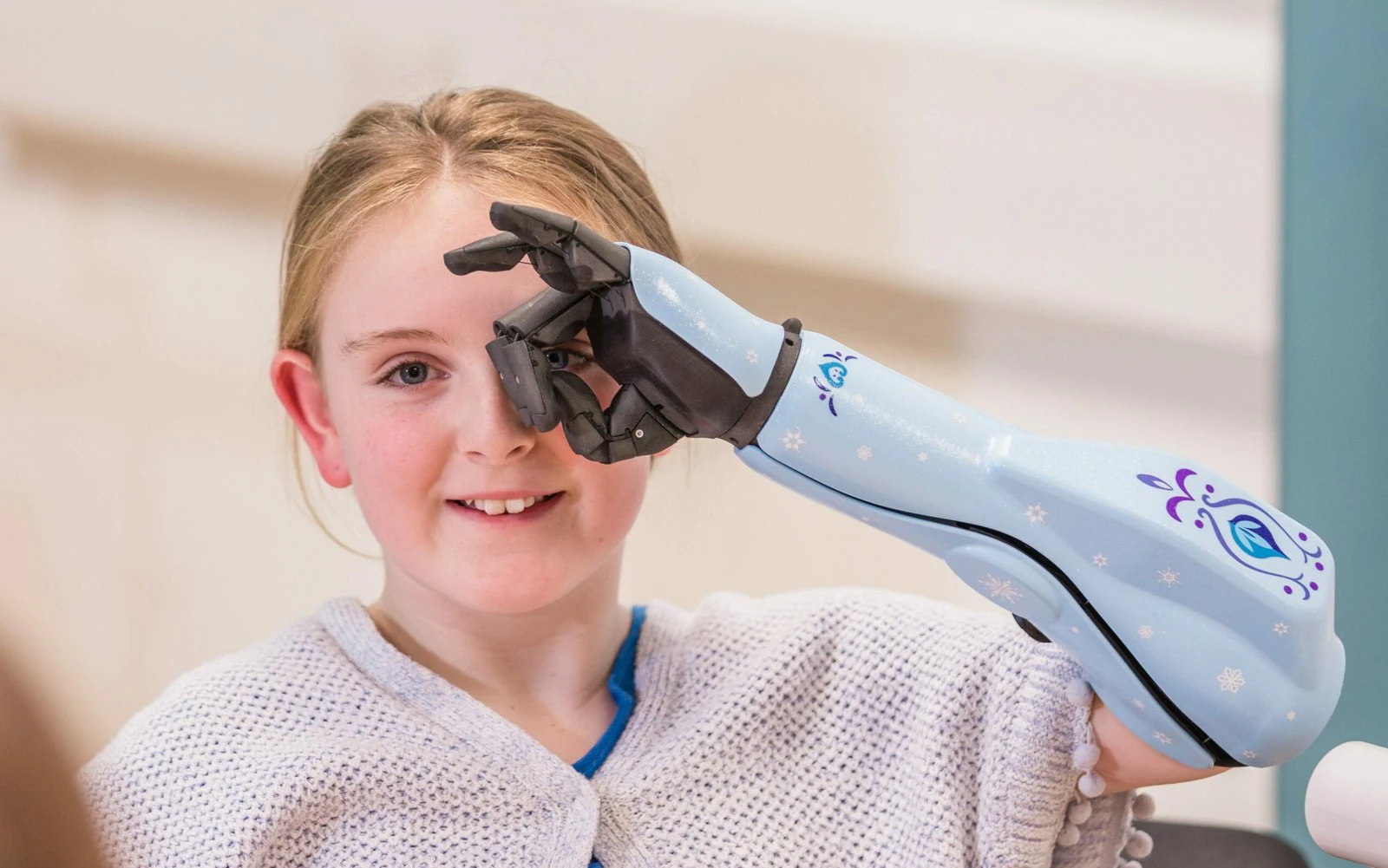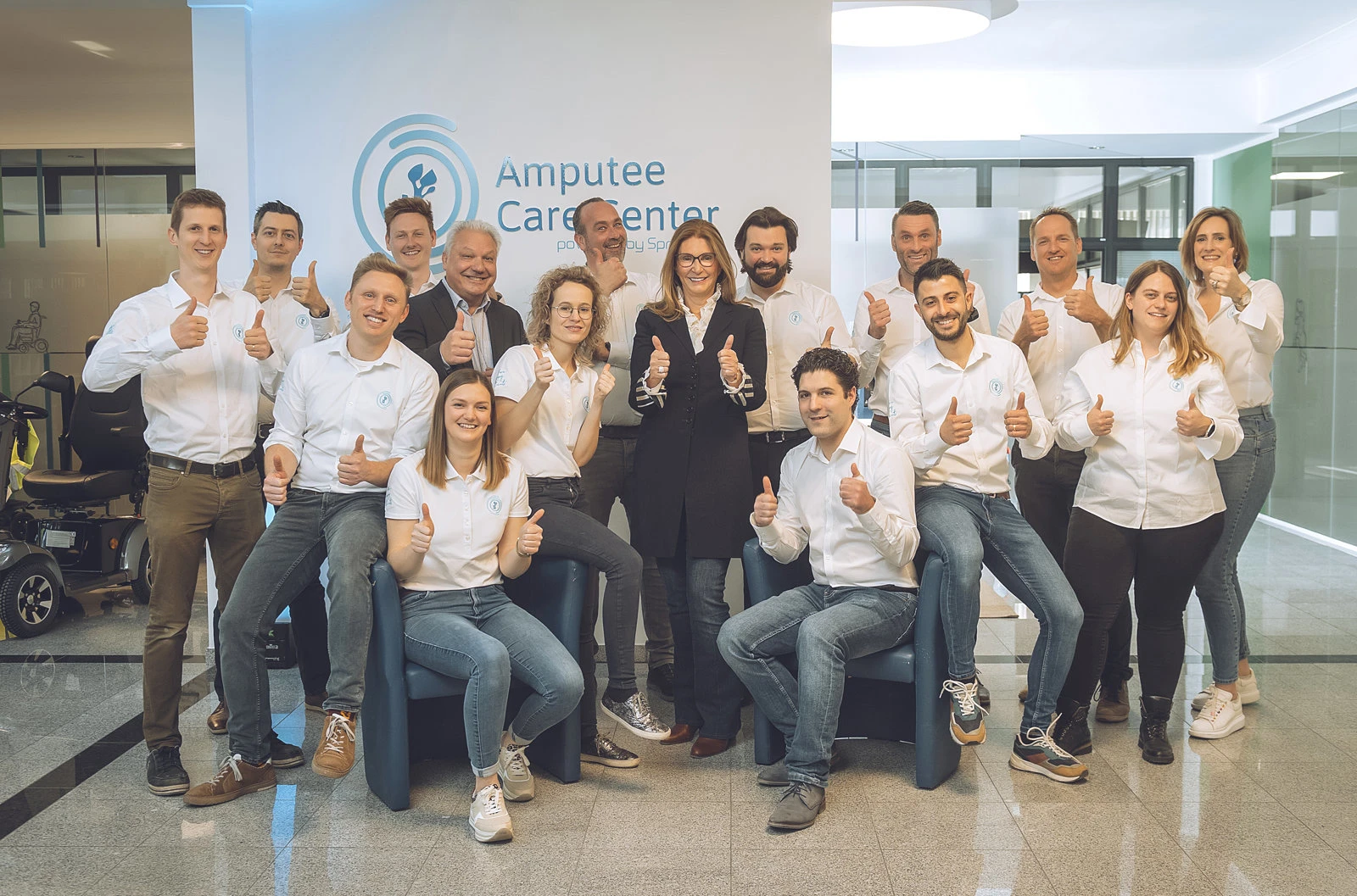How long does it take to make a custom prosthesis after amputation?
On average, the process from the initial consultation to the final prosthesis takes six to ten weeks, depending on your healing phase and any testing phases. We ensure that every step is taken in consultation with you, without rushing, but also without unnecessary waiting time.
Why choose Amputee Care Center?
The Amputee Care Centre is a market leader in modern prosthetic technology, but at ACC it's not just about modern technology, it's about people. We combine craftsmanship, experience and modern technology with genuine attention to your story.
At ACC, prosthetists and orthopaedic technologists work together with rehabilitation doctors, physiotherapists, general practitioners, nurses, psychologists and occupational therapists. This collaboration ensures that prosthetic technology and training are perfectly aligned. This way, we can be sure that your prosthesis not only fits well, but that you can also move well with it in your daily life.
Customised solutions for prosthesis wearers from Belgium and the Netherlands
The Amputee Care Centre, a market leader and BeNeLux prosthesis centre, is the unique prosthesis specialist for prosthesis wearers who are insured in Belgium or the Netherlands.
The prosthetics centre on the Belgian-Dutch border is known for its unrivalled combination of expertise, innovation and personal care. Here, the amputee really takes centre stage: every process is fully customised, from high-tech prostheses with advanced sensors to digital optimisation of prosthesis use to maximise physical performance and self-confidence.









